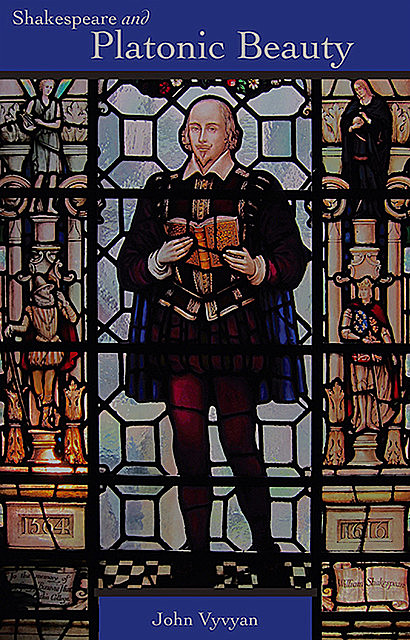John Vyvyan’s third Shakespearean study was originally published by Chatto & Windus in 1961, but has long been out of print. Looking at some of the comedies, he reveals how the Platonic ideas of beauty and love, as developed by Plotinus, Ficino, Castiglione and Spenser, add an extra dimension to the plays.
In A Midsummer Night’s Dream, As You Like It and All’s Well That Ends Well, the heroines bring to life the idea of love as the force that is awakened in the world by beauty which then leads the soul to perfection. Vyvyan believes that for Shake-speare love was pre-eminent over human ideas of justice, that self-discovery was a supreme human experience and that breaking faith with the ideal ‘ as Agamemnon, Cressida and Hector all do in Troilus and Cressida ‘ sowed the seeds of tragedy.
The author’s recognition of Shakespeare’s use of allegory enables him to make sense of certain developments in these plays which seem weak or absurd from the psychological standpoint ‘ the ‘tidy’ marriage of Celia and Oliver in As You Like It, the ignoble behaviour of Bertram in All’s Well That Ends Well, or the constancy of Julia’s love for the fickle Proteus in The Two Gentlemen of Verona.
John Vyvyan’s work is extraordinarily perceptive, compelling us to think again about the underlying philosophy in Shakespeare’s plays, and to see their action from a fresh point of view. It is not often that one finds combined in one critical book so much learning, insight and modesty.
‘If a clearly conceived philosophy is implicit [in Shakespeare's work]‘, Vyvyan writes, ‘then it is by parable and allegory that it is expressed; and the recognition of this ‘I think’ immensely enhances our enjoyment of the plays: it gives them a new dimension and a richness that has yet to be explored; it is a stimulating challenge to acting and production; and to the audience it reveals a drama beyond the theatre, written, as Coleridge so finely said, for the stage of the universal mind.’


